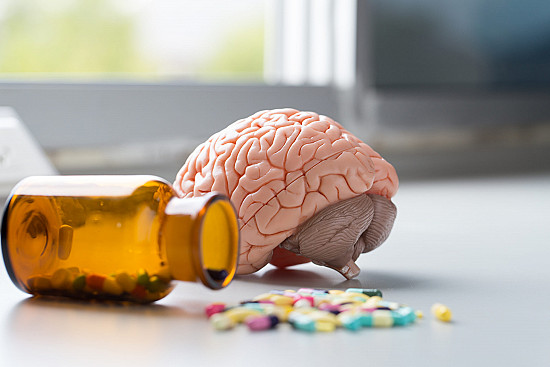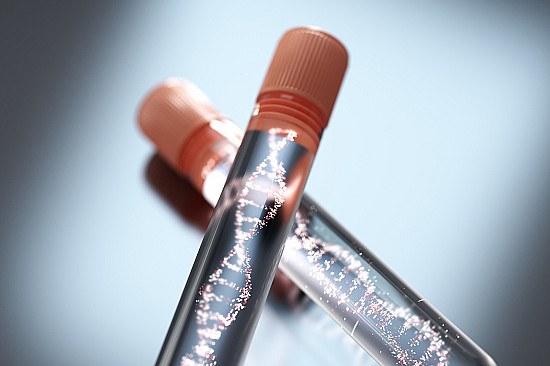
Driving with arthritis pain: Stay comfortable — and safe — behind the wheel

Daily cup of coffee may prevent afib recurrence

Gene-editing therapy lowers harmful blood fats in early study

What is EMDR therapy, and who can it help?

GLP-1 drugs versus bariatric surgery for treating obesity

Two dumbbells, three exercises, and 10 minutes

Easing the emotional burden of IBS

Modify your push-ups to meet your fitness level

What is long QT syndrome?

Stroke survivors may benefit from very low LDL levels

Maria Mavrikaki, PhD
Contributor
Maria Mavrikaki, PhD, studied psychology and neuroscience at the University of Crete in Greece. After obtaining her PhD, she pursued a postdoctoral research fellow position at The Scripps Research Institute in Florida, where she utilized genetic mouse models to study mechanisms underlying motivation for food. She then pursued a postdoctoral research fellowship and an assistant neuroscientist position at McLean Hospital, where she studied neurobiological mechanisms underlying prescription opioid addiction. Dr. Mavrikaki is currently staff scientist in Dr. Frank Slack’s lab at Beth Israel Deaconess Medical Center. Since March 2017, she is also an instructor in psychiatry at Harvard Medical School. Her ongoing research assesses the role of small molecules called microRNAs in opioid addiction.
Posts by Maria Mavrikaki, PhD

Maria Mavrikaki, PhD
Brain plasticity in drug addiction: Burden and benefit

Maria Mavrikaki, PhD
Your genes and addiction

Driving with arthritis pain: Stay comfortable — and safe — behind the wheel

Daily cup of coffee may prevent afib recurrence

Gene-editing therapy lowers harmful blood fats in early study

What is EMDR therapy, and who can it help?

GLP-1 drugs versus bariatric surgery for treating obesity

Two dumbbells, three exercises, and 10 minutes

Easing the emotional burden of IBS

Modify your push-ups to meet your fitness level

What is long QT syndrome?

Stroke survivors may benefit from very low LDL levels


